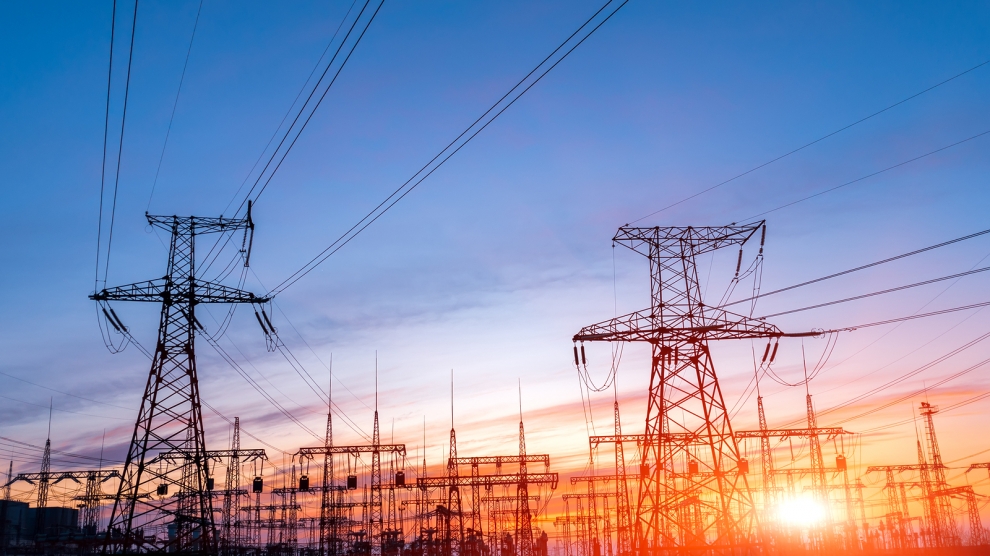An electric power station and interconnector set to be operational in September will complete the third stage of a major electricity project linking Estonia and Latvia. The project involves an electric power station in the small south-western Estonian town of Kilingi-Nõmme as well as a 176 kilometre-long powerline which will connect the station to the Latvian capital Riga.
The project is part of a broader push for the Baltics nations to achieve electricity independence. Both Latvia and Estonia have expressed the importance of disconnecting from the Russian frequency area for the sake of energy security. The region is currently connected to the Moscow controlled BRELL ring which links the Baltic states to Belarus and Russia.
“Interconnections between the Baltic states will become even more important after we disconnect our electricity system from the Russian frequency area and join the continental Europe area,” emphasised a spokesman for the Estonian transmission system operator Elering, Ain Koster. ”For that reason, for Estonia, the third interconnection with Latvia is the most important investment so far.”
This follows remarks from the European Commission’s director general for energy, Dominique Restore, who said: “It is completely normal that we will continue to give maximum support from the CEF (Connecting Europe Facility). As we know, we have different projects of common interest and this [project] is the only one connecting member states to the European grid. You cannot have more in terms of justification.”
The project due to be linked up to the power network in September, and by November, the handover of authority to contractors is expected to be complete. The project is set to dramatically increase the energy efficiency of the region as it will increase cross-border transmission capacity and energy transfer capabilities.
EU funding is covering 65 per cent of the project, while the remainder is covered by revenue gained from the auctioning of transmission capacities. “No money from Estonian electricity consumers is being used in this project,” according to Mr Koster.
The partnership carrying out the project includes the Latvian company Elko, Estonia’s Leonhard Weiss Energy and the Polish company Selpol.






[…] Pic Credit: https://emerging-europe.com/business/estonian-latvian-electricity-project-a-move-towards-power-indep… […]